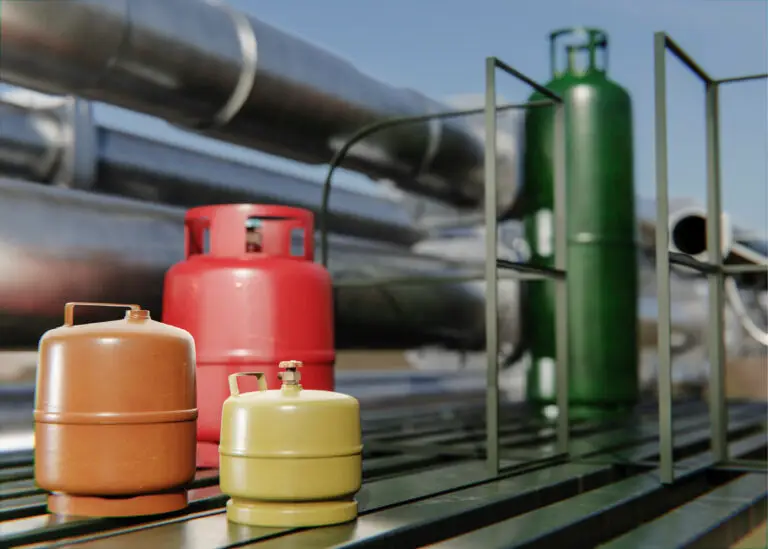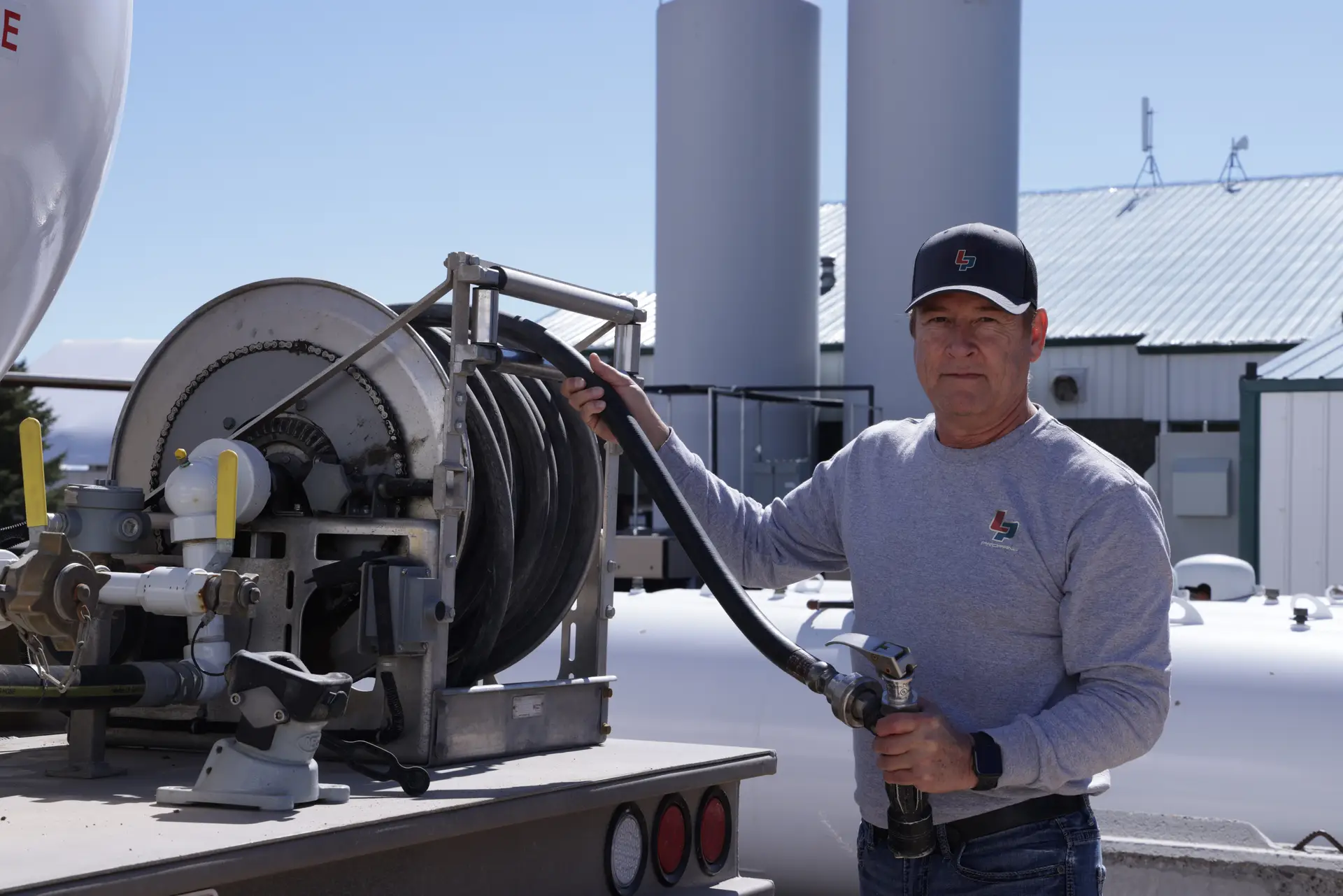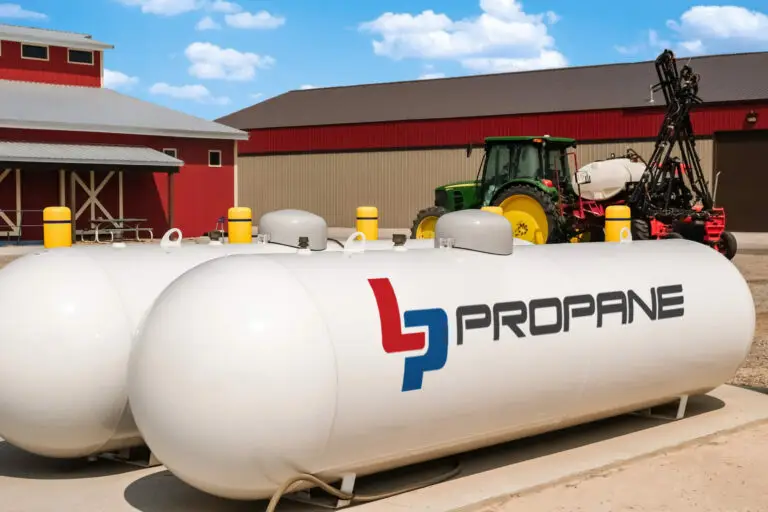
How to Install and Maintain Your Propane Gas Line
A propane gas line is an essential component for safely delivering propane to your appliances, heating systems, and other fuel-powered equipment. Proper installation and maintenance are crucial to ensure that your propane gas line operates efficiently and safely. At LP

